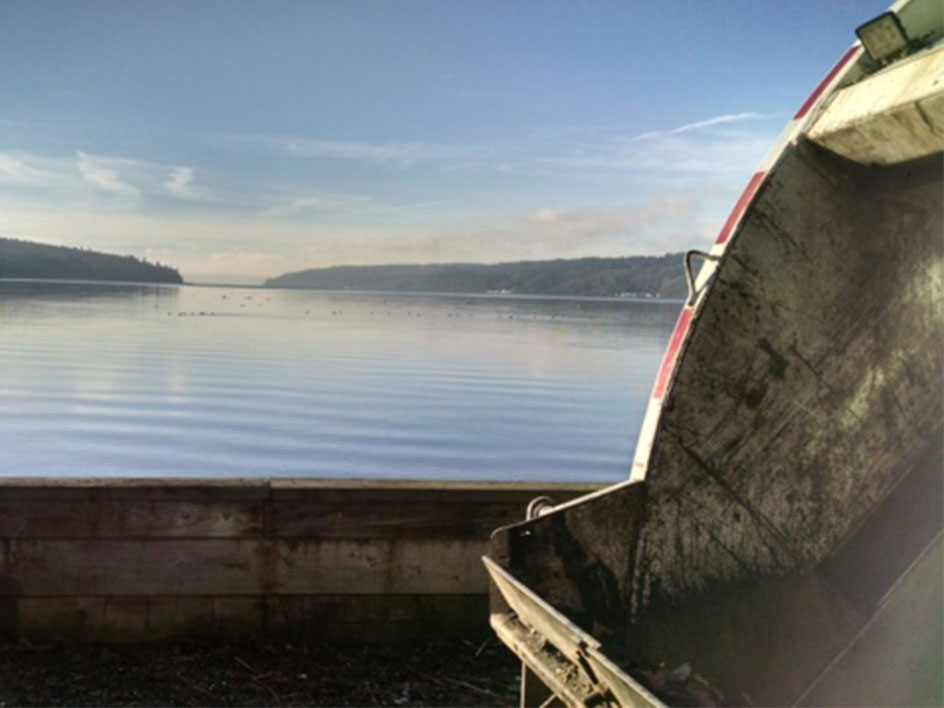Resources
The Washington State Legislature passed organics management laws in 2022 and 2024. These laws aim to divert organic materials, including food waste, away from landfills through prevention, food rescue, and composting facilities. Manybusinesses in Washington—which by definition includes public and non profit entities such as schools, churches and hospitals—must now arrange for organic materials collection.
Timeline:
Jan. 1, 2024 – Businesses generating at least eight cubic yards of organic material waste per week must arrange for organic materials management service.
Jan. 1, 2025 – Businesses generating at least four cubic yards of organic material waste per week must arrange for organic materials management service.
Jan. 1, 2026 – Businesses generating at least 96 gallons of organic material waste per week must arrange for organic materials management service.
These requirements also apply to businesses arranging for gardening and landscape work. Following the schedule above, they must ensure that an organics management facility will process the organic materials taken off site.
What types of entities are considered a business?
The term “business” in the 2022 Organics Management Law is defined as a for-profit (private or public) or nonprofit entity including, but not limited to, a partnership or corporation that is organized as a for-profit or nonprofit entity.
Businesses include restaurants, hotels, retail stores, grocery stores, food processors, distribution centers, event stadiums, museums, recreational facilities, correctional facilities, government buildings, and assisted living facilities. This definition also includes nonprofit organizations, such as schools, animal shelters, places of worship, and hospitals.
“Business,” under this definition does not include multifamily residential buildings, such as apartments, condominiums, and townhomes.
What is considered organic material?
Organic materials are defined as "any solid waste that is a biological substance of plant or animal origin capable of microbial degradation.” This includes manure, yard debris, food waste, food processing waste, wood waste, and garden waste.
More specifically, food waste includes waste from fruits, vegetables, meats, dairy products, fish, shellfish, nuts, seeds, grains, and similar materials that result from the storage, preparation, cooking, handling, selling, or serving of food for human consumption.
The Carbon Fee is in place to help us recover ongoing and increasingly complex costs associated with the purchase and/or use of fuel and petrochemical related products. You should be aware that the Carbon Fee charged on your invoice is not directly associated with the cost of servicing your specific account; rather, it is based on the overall costs of fuel and petrochemical related products incurred on a regional or companywide basis and designed for us as a company to achieve an acceptable operating margin. The Carbon Fee may include the recovery of taxes, fees or other governmental charges associated with the purchase and/or use of fuel and petrochemical related products.

